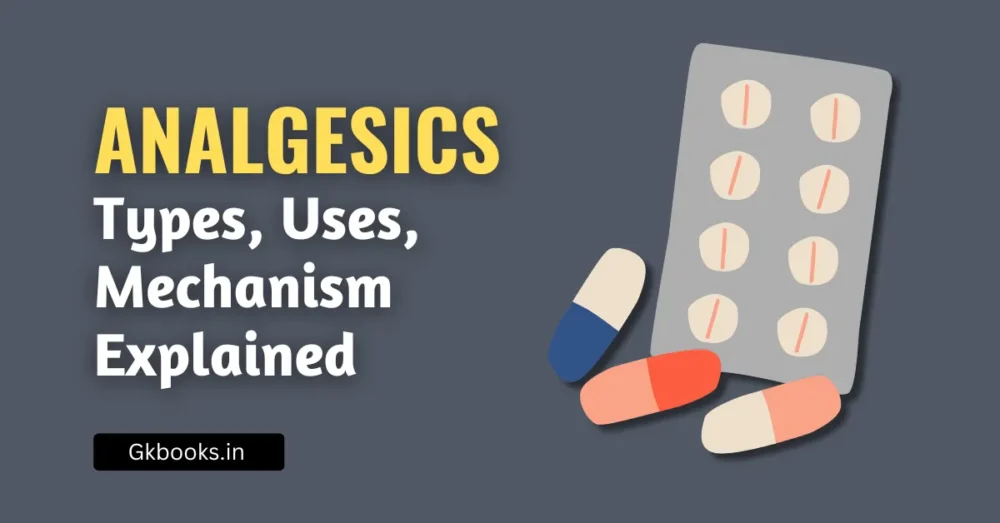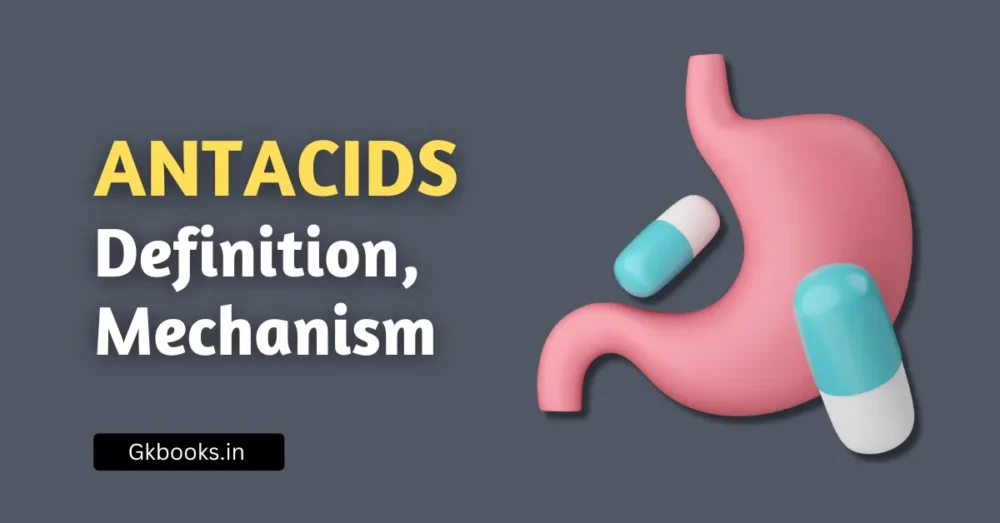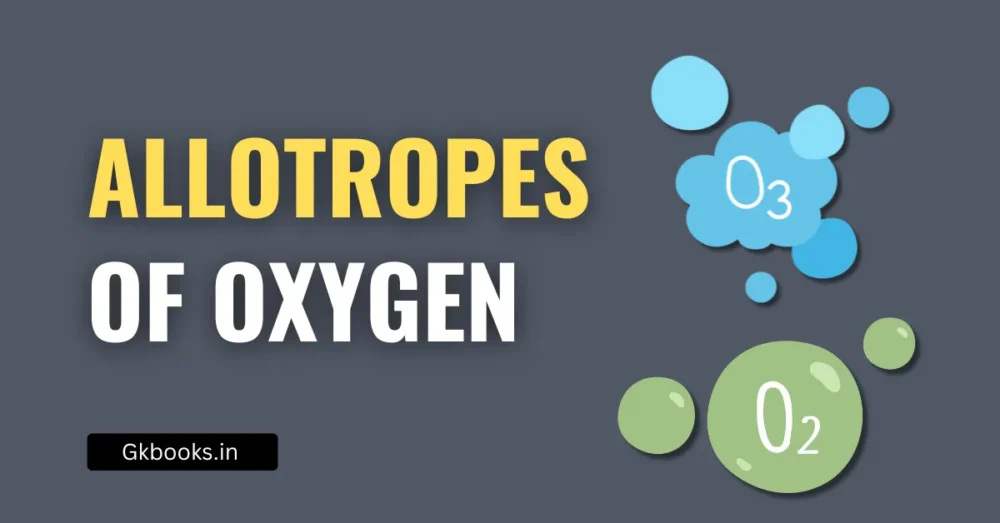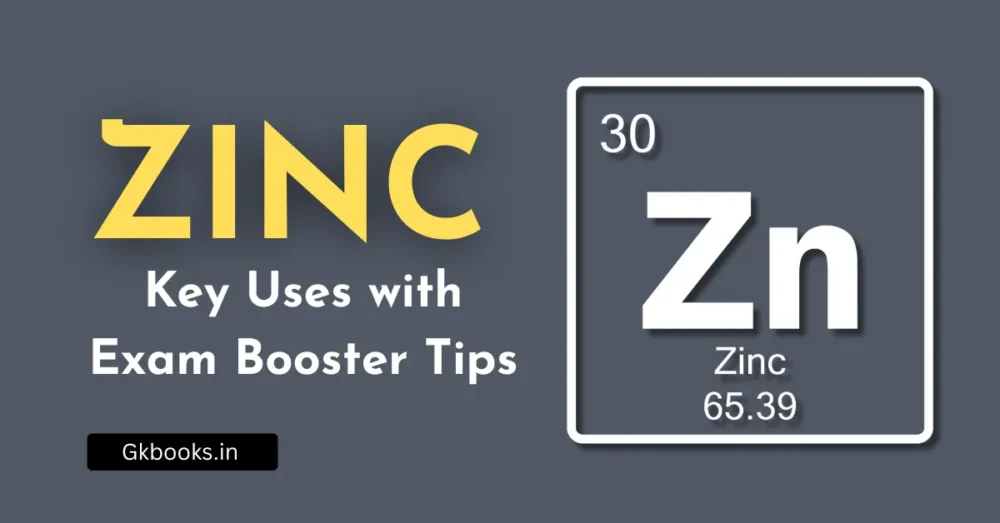Calling all sugar-conscious folks in India! Want to satisfy your sweet tooth without piling on the calories? Artificial sweeteners might seem like the magic answer, but navigating their world can be confusing. Well, worry not, because we’re about to unravel the mysteries of these sweet substitutes!
Prepare for a comprehensive guide to Artificial Sweeteners in India: A List with Trade Names, Side Effects, and Examples. We’ll break down the most popular sweeteners, from familiar names like Equal to lesser-known options like Stevia, giving you all the info you need to make informed choices for your health and taste buds.
Buckle up for a sweet journey filled with:
- A handy list of common artificial sweeteners with their trade names in India, making supermarket scouting a breeze!
- A clear explanation of potential side effects for each sweetener, helping you choose the option that’s right for you.
- Real-life examples of where you might find these sweeteners lurking in your favourite foods and drinks, from fizzy colas to creamy yoghurt.
We’ll also touch upon safety concerns, usage recommendations, and alternative sweetening options, making you confident in choosing sweetness. So, ditch the confusion and dive into the fascinating world of artificial sweeteners in India! Remember, knowledge is power, and when it comes to your health, choosing wisely is a sweet victory!
What are artificial sweeteners?
- Artificial sweeteners are a type of low-calorie or calorie-free alternative to sugar. They are widely used in food and beverage products to provide sweetness without the added calories and health risks associated with excessive sugar intake.
- The list of artificial sweeteners includes popular names such as Aspartame, Saccharin, Sucralose, Acesulfame potassium, and Stevia, often sold under different brand names.
- Artificial sweeteners are chemical compounds used as synthetic sugar substitutes. These are many times sweeter than ordinary sugar. Artificial sweeteners are used as an alternative to table sugar. It has zero calories or almost no calories.
Common artificial sweeteners include:
- Saccharin
- Sucralose
- Acesulfame K
- Aspartame
- Xylitol
Don't assume that zero-calorie artificial sweeteners mean they're healthy. Some studies in laboratory animals have found links between artificial sweeteners and cancer. And while there is no evidence that artificial sweeteners cause cancer, they are best avoided or consumed in moderation.
Artificial Sweetening Agents
What are Artificial Sweetening Agents?
- Artificial sweetening agents are synthetic compounds that are used as sugar substitutes. They are often used to sweeten food and drinks without adding calories or affecting blood sugar levels. So, All the compounds used as a substitute for sugar to sweeten food are called artificial sweetening agents.
Examples of Artificial Sweetening Agents
- Some common examples of artificial sweetening agents include Aspartame, Saccharin, Sucralose, Acesulfame potassium, and Stevia.
Safety Measures
- It is crucial to consider that although artificial sweeteners are frequently utilized as sugar alternatives, they might not be appropriate for everyone and might have adverse effects. To ensure the appropriate use of artificial sweetening agents, it’s advisable to consult with a healthcare professional.
What is the first popular artificial sweetening agent?
- Saccharin is the first popular, widely used artificial sweetener and has been used as a sweetening agent since its discovery in 1879. It is incredibly sweet, with a potency that is 550 times greater than cane sugar. The other most commonly used artificial sweetening agents are Aspartame, Alitame Sucralose, etc.
How Does an Artificial Sweetening Agent Work?
- Artificial sweeteners work by being soluble in water and binding to the sweetness receptor on the tongue’s surface.
- This interaction between the sweetener and receptor triggers a sequence of events transmitted to the brain and interpreted as a sweet taste.
The sweetness receptor on the tongue's surface is connected to a G-protein, and when an artificial sweetener binds to it, the G-protein dissociates, activating an enzyme and causing a sequence of events. This results in the transmission of signals to the brain, which are interpreted as the sweetness of the artificial sweetening agent.
- The tongue’s surface is covered in taste buds with several taste receptors, which detect different flavours.
- When consumed, these receptors encounter food molecules and send signals to the brain to identify the taste.
- Artificial sweetener molecules fit onto the sweetness receptor like sugar molecules, providing a sweet taste without added calories as they are generally not broken down into calories by the body.
- Only a few artificial sweeteners are needed to make food taste sweet, resulting in virtually no calorie consumption.
Some commonly used artificial sweeteners with Sweetness value/Index
- Aspartame ➥ 100
- Acesulfame potassium ➥ 200
- Dulcin ➥ 250
- Glucin ➥ 300
- Saccharin ➥ 550
- Sucralose ➥ 600
- Alitame ➥2000
- Neotame ➥ 10,000
Types of Artificial Sugars
▪ Here are some common types of artificial sweeteners list:
- Saccharin
- Sucralose
- Aspartame
- Neotame
- Acesulfame potassium (Ace-K)
- Stevia
- Advantame
- Cyclamate
- Luo Han Guo (Monk Fruit) extract
▪ Siraitia grosvenorii, commonly known as Monkfruit or Luohan Guo, is a vine plant that belongs to the gourd family and is native to southern China. ▪ The fruit extract of this plant, known as mogrosides, is highly sought after for its intense sweetness, which is 250 times stronger than regular sugar (sucrose). ▪ Mogroside extract has been used as a low-calorie alternative to sugar in drinks and also has a long history of use in traditional Chinese medicine.
▪ Cyclamate is a synthetic sweetener that is much sweeter than table sugar (sucrose), with a potency of 30 to 50 times. It is the weakest of the artificial sweeteners that are commercially available.
Artificial Sweeteners List With Trade Names
• Their brand name or trade name often sells artificial sweeteners, so be sure to check the label.
| Artificial sweeteners name | Trade name |
|---|---|
| Sucralose | • Kaltame
• Splenda • 1, 4,6′-Trichlorogalactosucrose • Trichlorosucrose • Equal Sucralose • NatraTaste Gold |
| Saccharin | • Sweet’N Low
• Sodium Saccharin • Equal Saccharin • Acid saccharin • Necta Sweet • Sweet Twin |
| Neotame | • NutraSweet |
| Aspartame-acesulfame salt | • TwinSweet |
| Cyclamate | • Calcium cyclamate
• Cologran • Sucaryl |
| Erythritol | • Sugar alcohol
• Zerose • ZSweet |
| Xylitol | • Sugar alcohol
• Smart Sweet • Xylipure • Xylosweet |
| Mannitol | • Sugar alcohol |
| Tagatose | • Natrulose |
| Sorbitol | • Sugar alcohol
• D-glucitol • D-glucitol syrup |
| Polydextrose | • Sugar alcohol (Derived from glucose and sorbitol) |
| Lactitol | • Sugar alcohol |
| Maltitol | • Sugar alcohol
• Maltitol Powder • Lesys • Maltitol Syrup • SweetPearl • Hydrogenated High Maltose Content Glucose Syrup • Hydrogenated Maltose • MaltiSweet (hard to find online to buy) |
| Glycerol | •Glycerin
• Glycerine |
| Isomalt | • Decomalt
• Sugar alcohol • Hydrogenated Isomaltulose • Isomaltitol • ClearCut Isomalt • DiabetiSweet (also contains Acesulfame-K) |
| Glycyrrhizin | • Licorice |
| Hydrogenated Starch Hydrolysate (HSH) | • Sugar Alcohol |
| Aspartame | • NutraSweet
• Canderel • Equal Classic • APM • AminoSweet • NatraTaste Blue |
| Acesulfame potassium | • Nutrinova
• ACK (Acesulfame Potassium) • Sweet One • Ace K • Equal Spoonful • Sunett |
Read Also: [PDF] Acids present in fruits and vegetables (updated list)

Artificial Sweeteners list Brand Names
Here’s a list of common artificial sweeteners, their brand names, and their acceptable daily intake (ADI) limits:
- Aspartame – brand names include SugarTwin, Equal and NutraSweet. ADI: 50 milligrams per kilogram of body weight.
- Saccharin – brand names include Sweet’N Low. ADI: 15 milligrams per kilogram of body weight.
- Sucralose – brand name is Splenda. ADI: 5 milligrams per kilogram of body weight.
- Acesulfame potassium – brand names include Sunett and Sweet One. ADI: 15 milligrams per kilogram of body weight.
- Stevia – brand names include Truvia, Rebaudioside A, and Pure Via. ADI: 4 milligrams per kilogram of body weight.
What is Acceptable Daily Intake (ADI)?
- The Acceptable Daily Intake (ADI) is the amount of an artificial sweetener that a person can consume daily over a lifetime without any significant health risk.
- ADI values are set by regulatory agencies and are based on extensive safety testing.
- It’s important to note that these ADI limits are based on extensive safety testing and are intended to provide a general guide for the safe consumption of artificial sweeteners.
- However, it’s always best to consult a healthcare professional to determine the appropriate intake for your needs.
| Artificial Sweetener | Brand Names | Sweetness as compared with sugar | Acceptable Daily Intake (ADI) (mg/kg bw/d) |
|---|---|---|---|
| Aspartame | Equal®, NutraSweet®, Sugar Twin® | 200 times sweeter than sugar | 50 |
| Acesulfame Potassium (Ace-K) | Sunett®, Sweet One® | 200 times sweeter than sugar | 15 |
| Saccharin | Sweet’N Low®, Sweet Twin®, Necta Sweet® | 200-700 times sweeter than sugar | 15 |
| Sucralose | Splenda® | 600 times sweeter than sugar | 5 |
| Neotame | Newtame® | 7,000-13,000 times sweeter than sugar | 0.3 |
| Advantame | No brand names | 20,000 times sweeter than sugar | 32.8 |
| Siraitia grosvenorii Swingle (Luo Han Guo) fruit extracts (SGFE) | Nectresse® Monk Fruit in the Raw® PureLo® |
100 – 250 times sweeter than sugar | Not Specified |
| Stevia rebaudiana (Bertoni) | Truvia® PureVia® Enliten® |
200 – 400 times sweeter than sugar | 4 |
Most Common Artificial Sweeteners
Saccharin
- Discovered in 1879, Saccharin is the oldest and, most commonly used non-nutritive sweetener.
- Despite being nearly 300 times less sweet than saccharin, sucrose has a bitter aftertaste.
- It cannot be used in baked goods as it becomes unstable with heat, but it is suitable for sweetening drinks, candies, and toothpaste.
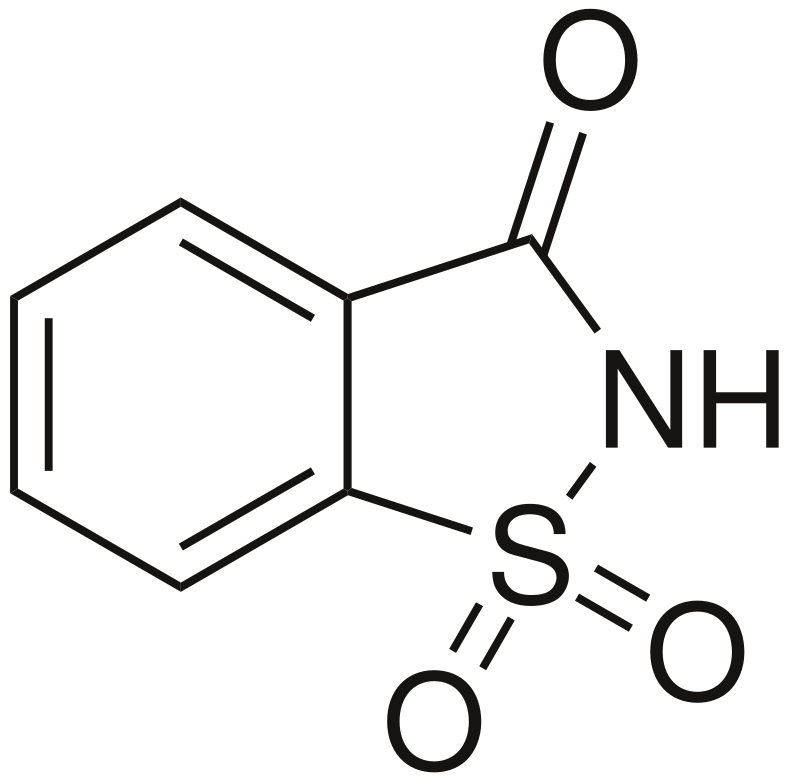
Aspartame
- Aspartame, discovered in 1965, is a widely used artificial sweetener 200 times sweeter than sugar. It is a methyl ester dipeptide called aspartyl phenylalanine-1-methyl ester.
- Aspartame is commonly used as a tabletop sweetener and in various foods. However, its sweetness decreases when heated and breaks down into amino acids, making it unsuitable for baked goods.
- As a result, it is only used in cold drinks and foods as it becomes unstable when exposed to high cooking temperatures.
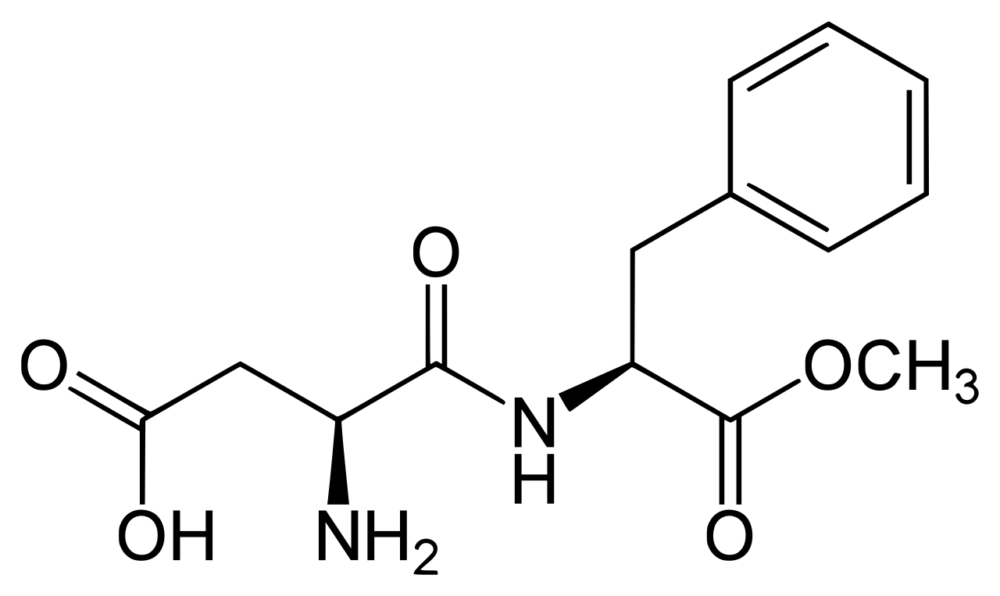
Acesulfame Potassium (Ace-K)
- Acesulfame potassium, also known as acesulfame K, is a widely used artificial sweetener 200 times sweeter than regular sugar.
- It is suitable for cooking and baking and is marketed under the brand names Sunset or Sweet One.
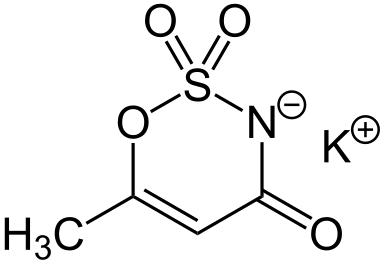
Advantame
- This sweetener is 20,000 times sweeter than table sugar and is suited for cooking and baking.
- Advantame is utilized as a tabletop sweetener and in various products such as bubblegums, flavoured beverages, dairy items, jams, confectioneries, and others.
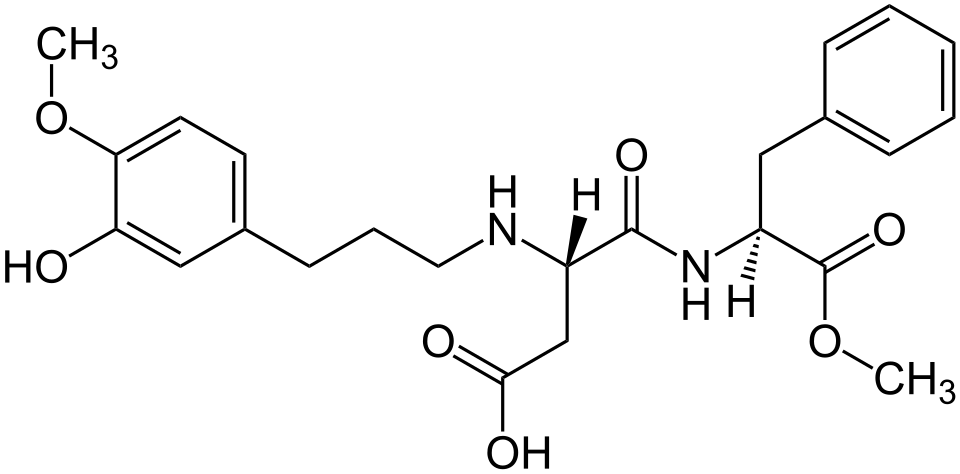
Advantages of Artificial Sweeteners
Healthier Teeth
- Sugar is a widely used sweetener that contributes significantly to tooth decay and cavities. By reducing sugar intake and replacing it with artificial sweeteners, it is possible to minimize the adverse effects on teeth.
Weight Loss
- Weight loss or maintenance is a common motivation for using artificial sweeteners. According to Mayo Clinic, one gram of sugar contains four calories. Replacing regular sugar with calorie-free sweeteners can decrease daily calorie consumption.
Diabetes
- For individuals with diabetes, excessive sugar intake is a significant concern. Artificial sweeteners provide a safe alternative as they do not increase blood sugar levels. However, it is always advisable to consult a doctor before changing your diet.
Artificial Sweeteners Side effects
- Health organizations have cleared that artificial sweeteners do not pose significant health risks. There is no evidence linking these sugar substitutes to an increased risk of cancer in humans, despite earlier studies in the 1970s that suggested a connection between the artificial sweetener saccharin and bladder cancer in rats.
- However, some recent studies on long-term daily consumption of artificial sweeteners have suggested a correlation with a higher risk of stroke, heart disease, and overall mortality, but these findings may be influenced by other factors such as lifestyle habits.
- Current research is also investigating the impact of artificial sweeteners on the gut, including how they affect cravings, hunger, and blood sugar management. Sugar alcohols, stevia, and luo han guo can cause digestive issues such as bloating, gas, and diarrhoea, with the sensitivity to these effects varying from person to person.
- Consuming artificial sweeteners in moderation and for short periods, rather than frequently is recommended. Limiting their use and reducing intake if consumed multiple times daily is advisable to maintain optimal health.
Source: mayoclinic

List of Artificial Sweeteners to Avoid
Before using artificial sweeteners, it’s important to consider their potential health risks. While some research points toward possible negative effects of certain sweeteners, the evidence is often inconclusive, and individual sensitivities vary. However, some sweeteners consistently raise concerns, prompting many health experts to recommend avoiding them:
Top Artificial Sweeteners to Avoid
- Saccharin (Sweet’N Low): Early studies raised concerns about cancer risk, but later research was inconclusive. However, its bitter aftertaste and potential gut health issues make it less desirable for many.
- Aspartame (Equal, NutraSweet): Although generally considered safe by regulatory bodies, aspartame breaks down into methanol, which can be harmful in high doses. Concerns also exist about potential effects on gut health and neurotransmitters.
- Sucralose (Splenda): Studies suggest potential negative effects on gut bacteria and metabolism, with some concerns about cancer risk.
- Some studies link Acesulfame Potassium (Sweet One, Sunett) to blood sugar imbalances and potential immune system disruption.
Beyond these top five, other sweeteners might be best avoided for some individuals:
- Neotame: A newer sweetener structurally similar to aspartame, with limited research on its long-term effects.
- Advantame: Another aspartame-derived sweetener, with more research needed to understand its safety profile fully.
- Cyclamate: Banned in the US for a period due to early cancer concerns, but later re-approved. However, some individuals report digestive issues with it.
Remember: While some sweeteners raise more concerns than others, individual tolerances and health conditions can play a role. It’s always best to consult with a doctor or registered dietitian for personalized advice on artificial sweeteners, especially if you have any underlying health concerns.
Alternative Sweeteners
Instead of relying on artificial sweeteners, consider exploring natural alternatives like:
- Stevia: A plant-based sweetener with minimal calories and potential health benefits like blood sugar regulation.
- Monk fruit extract: Another natural sweetener with low calories and a slightly sweet, fruity taste.
- Fruit purees and dates: Offer sweetness along with vitamins and fiber.
- Honey and maple syrup: Use in moderation due to higher calorie content.
By opting for natural alternatives and practicing moderation, you can satisfy your sweet tooth without potential downsides of certain artificial sweeteners.
Ultimately, the choice is yours. By being informed and making conscious decisions, you can navigate the world of sweeteners with confidence and choose options that align with your health goals and preferences.
Artificial Sweeteners vs. Sugar
Choosing between artificial sweeteners and sugar can be a confusing battle. To help you out, I’ve put together a quick comparison table with all the sweet (and not-so-sweet) details:
| Feature | Artificial Sweeteners | Sugar |
|---|---|---|
| Calories | 0 to negligible | 4 calories per gram |
| Glycemic Index (GI) | 0 (no blood sugar spike) | 60-70 (high blood sugar spike) |
| Taste | Varies, some may have aftertaste | Familiar, sweet taste |
| Cost | Generally cheaper than sugar | Varies depending on type and brand |
| Natural or Synthetic? | Synthetically produced | Naturally occurring sugar in plants |
| Potential Health Concerns | Some studies suggest links to gut health issues, potential cancer risk (mostly inconclusive) | May contribute to obesity, diabetes, heart disease, and cavities |
| Pros | Can help with weight management and blood sugar control | Familiar taste, readily available |
| Cons | Potential health risks, some may dislike the aftertaste | High calories, can contribute to health problems |
The Verdict
There’s no one-size-fits-all answer to the artificial sweetener vs. sugar debate. The best choice for you depends on your individual health goals, preferences, and dietary needs. Moderation is key regardless of your choice. Talk to your doctor or a registered dietitian for personalized advice based on your specific health situation.
Ultimately, the sweet spot is in making informed choices and enjoying all things sweet in moderation. Remember, a balanced diet is the key to a healthy and happy life!
Artificial Sweeteners Brands in India
In India, you’ll find a variety of artificial sweetener brands readily available, catering to different tastes and budgets. Here’s a breakdown of some popular ones:
Top Brands
- Equal: A well-established brand offering aspartame-based sweeteners like Equal Classic and Equal Stevia.
- Sugar-Free Gold: A popular choice, featuring aspartame and sucralose-based options like Sugar-Free Gold Pellets and Powder.
- Early Foods: Known for their stevia-based sweeteners like Early Foods Stevia Drops and Early Foods Green Stevia Pellets.
- Sugarlite: Offers a range of aspartame and sucralose-based sweeteners like Sugarlite Pellets and Sugarlite Tablets.
- Festa: Provides aspartame and sucralose-based options like Festa Classic and Festa Natural Sweetener.
Other Notable Brands
- Zindagi28
- Anp Bee
- So Sweet
- Steviocal
- Dabur
- Gaia
- Hermesetas
- Pro Nature
- 24 Mantra Organic
Choosing the Right Brand
When selecting an artificial sweetener brand in India, consider these factors:
- Sweetener Type: Some brands specialize in aspartame, sucralose, or stevia, while others offer a mix. Choose based on your taste and any potential health concerns.
- Format: Options include pellets, powders, tablets, drops, and liquids. Pick a format that’s convenient for you.
- Price: Prices vary depending on the brand, sweetener type, and format. Compare options to find the best value for your money.
- Availability: Some brands are widely available across India, while others might be found in specific regions or stores.
Additional Tips
- Look for brands with the Food Safety and Standards Authority of India (FSSAI) mark for safety assurance.
- Read ingredient lists carefully to check for any additional additives or fillers.
- Consider trying different brands and sweetener types to find what you like best.
- Remember, artificial sweeteners are still processed products. Use them in moderation as part of a balanced diet.
Important Points for Competitive Exams
- Acesulfame Potassium is suitable for use in cooking and baking and is available under the brand names Sunset or Sweet One.
- Acesulfame Potassium is another common artificial sweetener which is also known as acesulfame K.
- Aspartame is 200 times sweeter than sucrose.
- Aspartame is composed of aspartic acid, phenylalanine, and methanol.
- Aspartame is sold under the brand names NutraSweet, Equal, or Sugar Twin.
- Alitame is about 2000 times sweeter than sucrose or table sugar.
- Sucralose is 600 times sweeter than ordinary sugar or table sugar Sucralose is a trichloro derivative of sucrose. (produced by chlorination of sucrose)
- The chemical name of Saccharin is Ortho-sulphobenzimide.
- Saccharin is about 550 times as sweet as cane sugar.
- Advantame is an incredibly potent sweetener, being 20,000 times sweeter than table sugar, and is ideal for use in cooking and baking.
Previous year’s MCQ questions from this topic
Q1. Which one of the following is not an artificial sweetener? [(SSC (10+2) Stenographer Grade ‘C’ & ‘D’ Exam. 2016)]
A. Fructose
B. Saccharin
C. Sucralose
D. Aspartame
Answer: Fructose
Q2. Saccharin is made up of …. [SSC Section Officer (Audit) Exam. 2005]
A. Toluene
B. Phenol
C. Propane
D. Butane
Answer: Toluene
Q3. Which one of the following is not a plant product? [SSC CPO Sub-Inspector Exam. 2007]
A. Caffeine
B. Piperine
C. Nicotine
D. Saccharin
Answer: Saccharin
Q4. Sweetex used by diabetic patients has an energy content of : [SSC Combined Graduate Level Prelim Exam. 2002]
A. Five calories
B. Ten calories
C. Hundred calories
D. Zero calories
Answer: Zero calories
Frequently Asked Questions (FAQ)
Answer: Aspartame, Sucralose, Acesulfame K,
Saccharin, Xylitol
Answer: Artificial sweeteners are a type of chemical compound. Due to their low calories, they are used as a substitute for synthetic sugar.
Answer: Many people use artificial sweeteners to improve health, but studies have shown that consuming them can actually be harmful. So the best practice is to limit the intake of artificial sweeteners like sugar if possible.
Explore more Topics on Chemistry

